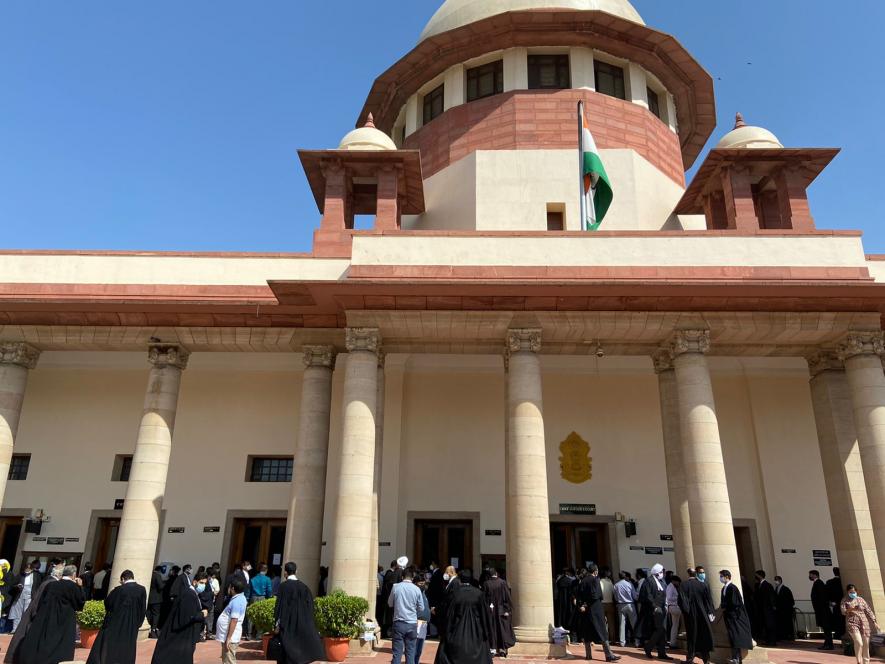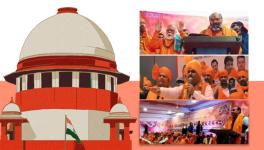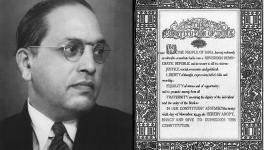Quashing of Summons and Notice at Pre-Trial Stage Non-Judicious: Supreme Court

ON April 26, a Supreme Court bench of Justices K.M Joseph and Hrishikesh Roy, in the case of Rathish Babu Unnikrishnan vs. The State (Govt. of NCT) & Anr., observed that in a criminal case, the summons and trial notice cannot be quashed at a pre-trial stage by weighing the evidence presented before the quashing court.
The court was hearing Criminal Appeals against an order of the Delhi High Court that dismissed the appellant’s application under Section 482 (saving of inherent powers of High Court) of the Code of Criminal Procedure, 1973 [CrPC] for quashing the summoning order issued on June 1, 2018, and the order framing notice on November 3, 2018. The orders were issued against the appellant under Section 138 (dishonour of cheque for insufficiency, etc., of funds in the account) of the Negotiable Instruments Act, 1881 [NI Act].
In the instant case, the complainant invested a substantial sum in the appellant’s company and the resulting transactions took place between the parties. Subsequently, it was arranged for the shares, allotted to the complainant, to be proportionately transferred to the appellant. One of the four cheques handed over by the appellant was dishonoured by the bank due to insufficient funds. After the complainant issued a notice to the appellant to make the due payment, the complaint under section 138 of the NI Act was filed, leading to the current summons against the appellant.
The appellant’s counsel, Krishnamohan K., submitted that the criminal process can be issued only after satisfying the essential ingredients of the offence, that is, the dishonoured cheque received against “legally enforced debt or liability”, as provided under section 138 of the N.I. Act. Subsequently, it was argued that since the ingredients constituting section 138 were absent, the appellant was not liable to be prosecuted under the same. The appellant contended that the complainant was not entitled to receive any payment, at the stage when the complainant was still holding the appellant’s shares, and thus, the cheque was not issued in discharge of “legally recoverable debt”.
Whereas, Additional Solicitor General K.M. Nataraj and Senior Counsel Rebecca John, representing the complainant, submitted that the legal presumption of a legally enforceable debt, when the cheque was dishonoured, was bound to be raised against the accused. It was further submitted that such presumption could be rebutted solely by presenting evidence during a trial.
Relying on the Supreme Court’s judgment in the case of M/s M.M.T.C Ltd. & Anr. vs. M/s Medchl Chemicals and Pharma (P) Ltd. & Anr. (2001), and a catena of other judgments, the court held that: “…the burden of proving that there is no existing debt or liability, is to be discharged in the trial”.
On the question of legal presumption of the cheque issued in discharge of liability, the court observed that when the accused pleads for quashing at a pre-trial stage, the legal presumption that supports the complaint cannot be disregarded. It further held that without the trial court evaluating the evidence of both the parties, a detailed inquiry on the facts alleged towards a legal presumption was “not judicious”.
Referring to the judgment in the case of State of Haryana vs. Ch. Bhajan Lal (1990), the court emphasized on following precautionary principles in invoking the power endorsed under section 482 of the CrPC to quash criminal proceedings.
The court pointed out the threat of an “un-merited advantage in the criminal process” in the favour of the accused, and remarked in paragraph 17 of the judgment: “Quashing proceedings at preliminary stages will result in finality without the parties having had the opportunity to adduce evidence and the consequence then is that the proper forum i.e, the trial court is ousted from weighing the material evidence”.
Dismissing the criminal appeals, the court upheld the decision of the Delhi High Court in declining relief to the accused in the quashing proceeding, and observed: “when the proceedings are at a nascent stage, scuttling of the criminal process is not merited“.
In its concluding remark, the court noted that the judgment is meant to serve its limited purpose of this order and to not cause any impediment to the trial court in deciding the case on merit.
Click here to view the Supreme Court’s full judgment.
Get the latest reports & analysis with people's perspective on Protests, movements & deep analytical videos, discussions of the current affairs in your Telegram app. Subscribe to NewsClick's Telegram channel & get Real-Time updates on stories, as they get published on our website.























